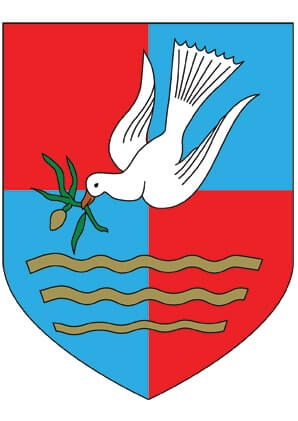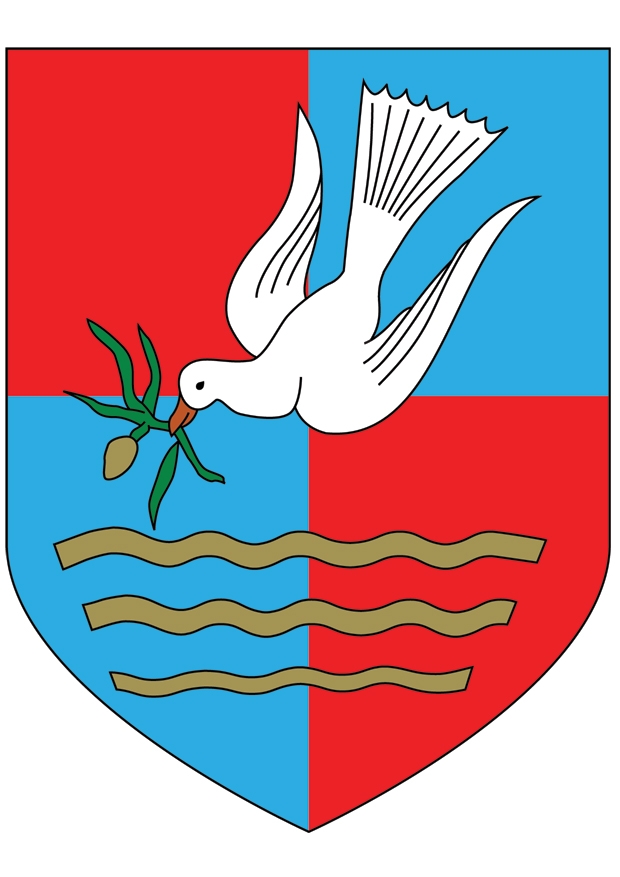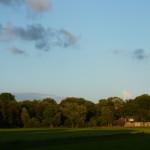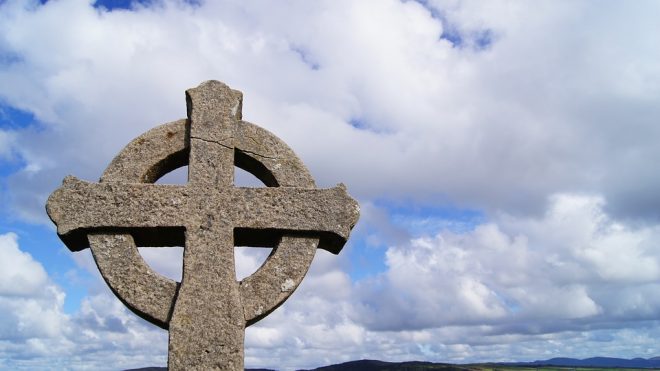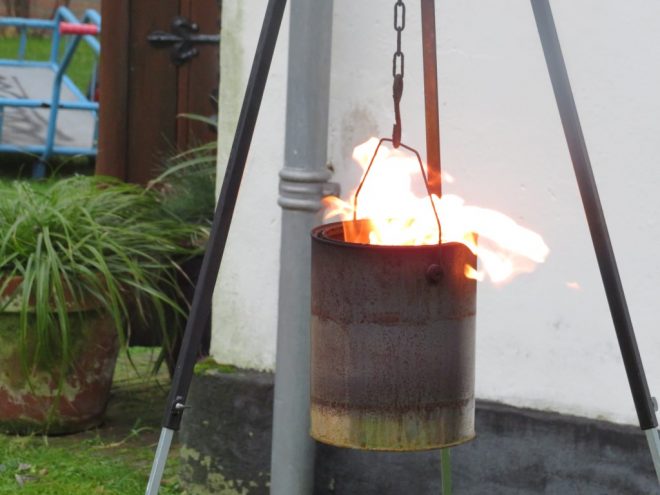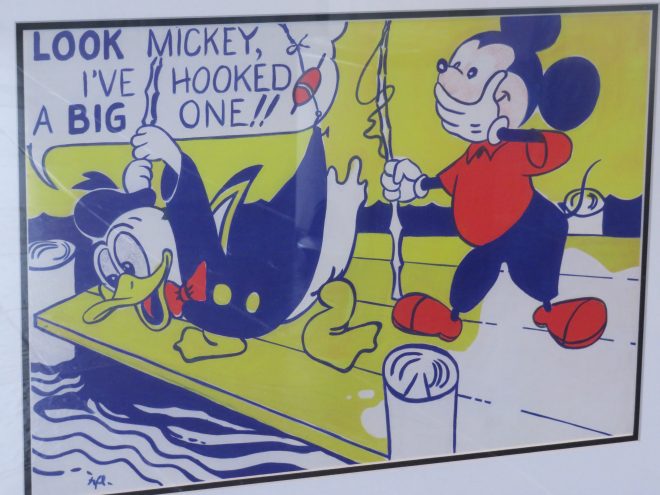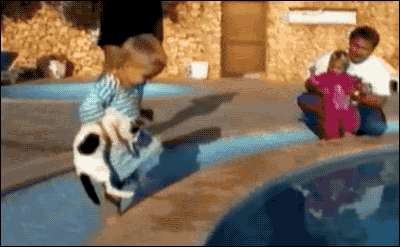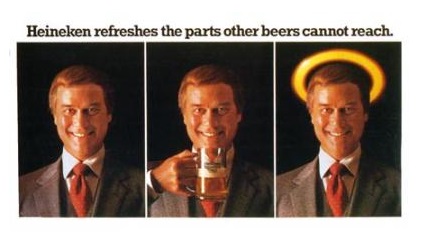Forty years ago today, on August 12, 1976, the deed of incorporation of Jan XVII passed. Many can be thankful to the founders for the work they then began. Just as our gratitude goes out to all those others – volunteers, friends, donors, advisors, board members – who have contributed to our work over the years.
What once started as an exuberant practice of an excess of monastic traditions, an often exuberant spiritual fireworks that could count on many ‘oh and ah’, has taken on a different appearance over time. Not in the least to my surprise, especially in recent years the ‘worship’ has developed here in what is often wrongly called ‘the ordinary’: with inspired attention… answering the telephone, opening and closing the door, do the dishes, greet the cashier, the parcel deliverer. In doing so, an increasing awareness of our ‘robot I’ grows. This “made self” stilled, that is, to come to see without judgment, is to be liberated from it and, in one and the same movement, to wake up to the birth of our true identity in the mystery that inhabits and surrounds us and that is ‘stranger than the strangest thing that is strange to us and more familiar to us than we are familiar with ourselves’ as Augustine so beautifully puts it.
But as said, this worship of the extraordinary in the ordinary doesn’t look exactly spectacular. Nor does it live up to the expectations that most people have about what “monastic” is. I always console myself with the thought that a Christ child in a stable doesn’t exactly look ‘divine’, not to mention the heavenly radiance of a cross as a sign of glory. And also: perhaps it is precisely one of the most basic monastic traditions. To accomplish what your hand finds to do – and ZeeVELD never gives the hand nothing to do – without resisting. And again and again and again. Not because you have to, but because you can. Not because you have chosen the work, but because it comes your way. And not because you are after a reward or result, but because it turns out to be rewarding in itself to practice learning to say ‘yes’ to everything the day brings. The practitioner then sees himself given his ‘daily bread’ in his daily work. Or also the other way around: in this way it becomes his ‘daily bread’ to be able to fulfill what was handed to him with complete acceptance. Nothing that is no longer a gift.
“Has the work for the foundation brought you what you hoped?” I was recently asked. As we can also ask: ‘Has Jan XVII become what the founder wanted it to be?’ I think in both cases we should say no. Or maybe: not yet. But how relevant is that? Whether we give voice to God’s will, that is the question, that is our ‘calling’. Which also means: the greatest gift imaginable. Because the man who sees himself freed from the automatic reflex, perhaps neurosis, to defend one’s own will, enters a zone of receptivity in which he becomes aware of being partakers of so much True Will that he almost overflows with it.
In spite of this, the mission of Jan XVII: ‘that all be one’ is thus fulfilled at the foundation to this day. Reason for nothing but thanks, thanks and thanks again.
Deo Gratias.
